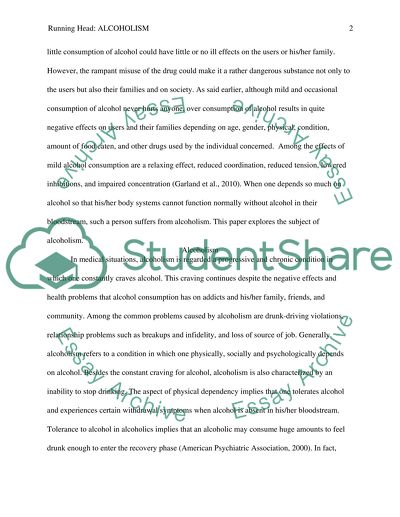Cite this document
(“Psychology - Alcoholism Research Paper Example | Topics and Well Written Essays - 1500 words”, n.d.)
Retrieved from https://studentshare.org/psychology/1454620-alcoholism
Retrieved from https://studentshare.org/psychology/1454620-alcoholism
(Psychology - Alcoholism Research Paper Example | Topics and Well Written Essays - 1500 Words)
https://studentshare.org/psychology/1454620-alcoholism.
https://studentshare.org/psychology/1454620-alcoholism.
“Psychology - Alcoholism Research Paper Example | Topics and Well Written Essays - 1500 Words”, n.d. https://studentshare.org/psychology/1454620-alcoholism.


